By Dairy Dimension International Desk
In response to tightening margins, regulatory uncertainty, and declining milk volumes, Europe’s dairy sector is entering a new phase of strategic consolidation. Some of the continent’s largest dairy cooperatives—including Arla Foods, DMK, FrieslandCampina, and Milcobel—are pursuing mergers to enhance efficiency, boost profitability, and future-proof their operations.
While farmers in many parts of Europe reported strong profit margins in Q1 2025, the overall outlook remains complex. Market watchers are closely tracking developments such as potential 50% tariffs on exports to the U.S., stricter EU water quality standards, and long-term demographic changes within the dairy farming community.
🐄 Milk Production Declines Amid Policy and Environmental Pressures
The European Union has seen a decline in milk production in early 2025, largely due to falling dairy cow numbers in Northwestern Europe. Contributing factors include:
- Ongoing structural changes in agriculture
- Ageing farmer demographics and slow generational transition
- Disease outbreaks such as bluetongue in Germany
- Uncertainty over EU nitrate derogation policies and new water quality directives
Notably, Ireland, which previously benefitted from nitrate derogation exemptions, may face an 18% reduction in its national dairy herd under new EU proposals. This could reduce Europe’s overall milk output by 1.6 billion kilograms, according to Rabobank estimates.
🤝 Arla-DMK Merger: A Continental Powerhouse in the Making
In April 2025, Danish cooperative Arla Foods and Germany’s largest milk processor DMK Group announced a merger plan that, if approved, will create Europe’s largest dairy cooperative in terms of milk volume—surpassing even the proposed FrieslandCampina-Milcobel tie-up.
The merger has been approved by the boards of both co-ops and is now under EU regulatory review. Arla anticipates approval by December 2025, with formal integration expected in Q1 2026—though analysts, including RaboResearch’s Mary Ledman, have called that timeline “optimistic” due to the need for national-level antitrust clearances.
- Key figures:
- Combined annual revenue: €19 billion
- Milk volume: 19 billion kg per year
- Members: 12,200 dairy farmers
- Leadership: Arla Chair Jan Toft Norgaard and CEO Peder Tuborgh will lead the merged entity, with DMK CEO Ingo Müller joining as EVP
- DMK has been repositioning itself towards higher-margin categories such as cheese and foodservice. In FY24, the co-op increased net profits to €24.6 million, though it reported negative cash flow. It also expanded capacity for cottage cheese and built a new aging warehouse in the Netherlands.
- 🧬 FrieslandCampina and Milcobel: Deliberating the Details
- Meanwhile, Dutch dairy major FrieslandCampina and Belgium-based Milcobel are still negotiating terms of their proposed merger, first announced in late 2024. A detailed proposal was expected by mid-2025, but it is yet to be submitted to the European Commission.
- If finalized, the merged cooperative would:
-
Unite around 11,000 farms
-
Generate approximately €14 billion in combined revenue
-
Strengthen portfolios in cheese, white dairy, mozzarella, and whey ingredients
- FrieslandCampina posted a €527 million operating profit in FY24, aided by higher dairy commodity prices and a €315 million cost-saving drive, including the elimination of 1,400 jobs. The co-op also saw growth in its Friso infant formula line in China and improved performance in adult nutrition and retail cheese segments.
- Milcobel, for its part, has focused on efficiency, targeted investment, and value-added dairy. It divested from its ice cream arm YSCO in January 2025 and posted a pre-tax profit of €4.1 million for the year.
- 🧑🌾 Farmer Representation: The Balancing Act in Mega Co-ops
- While consolidation is expected to bring logistics synergies, innovation sharing, and market leverage, it also raises questions about the evolving role of individual farmer-members within larger, more corporate-like co-ops.
- Key challenges include:
- Maintaining democratic governance structures
- Ensuring fair milk pricing across regions
- Supporting generational transitions on aging farms
- Navigating regulatory compliance and climate adaptation
- A 2020 European Parliamentary Research Service report showed that 57.6% of EU dairy farm managers were over 55, and only 12% were under 40. With 86.1% of agricultural workers being family-based, the resilience of these family farms depends on how inclusively these mega cooperatives evolve.
- 🧭 Conclusion: Navigating a New Era in European Dairy
- The proposed mergers among Europe’s leading dairy cooperatives reflect a broader shift toward scale, efficiency, and strategic alignment in response to evolving consumer, regulatory, and climatic landscapes.
- Whether these consolidated entities can balance corporate efficiencies with member empowerment, while addressing sector-wide concerns such as sustainability, pricing transparency, and rural vitality, remains an important question for industry observers globally.
- For dairy markets worldwide—including India—the European experience offers valuable lessons in cooperative governance, milk valorization, and the role of long-term vision in safeguarding producer livelihoods.

